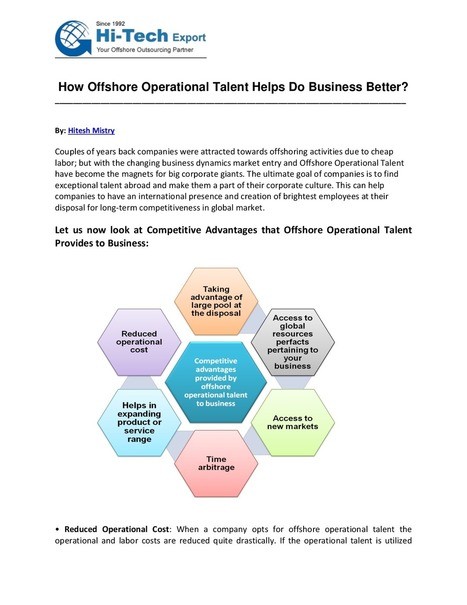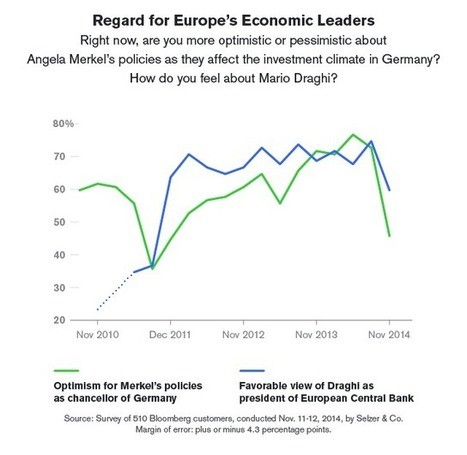Pros and Cons of Offshore Investing_1
Post on: 3 Июль, 2015 No Comment

Thinking about placing some money in offshore investments? Expanding your portfolio to foreign markets can huge returns if youre willing to take the risk. Offshore markets have opportunities for all types of investors, including real estate, commercial business, money markets, and more. Before spending your hard-earned money in offshore investments, however, you should familiarize yourself with its advantages and disadvantages. Only then will you be able to decide whether or not its the right choice for your money.
Offshore Investing Pros:
- Arguably, one of the greatest benefits of offshore investing is low tax rates. With the exception of the United States, corporate tax rates for Organization for Economic Co-operation and Development (OECD) countries from 1980 to 2010 has dropped from 51% to 32%. With less tax to pay, investors will reap the benefits of a higher return on their investment
- Offshore investing allows for greater portfolio diversification when compared to local investing. Theres an inherit risk when investing in any vehicle (e.g. money markets, bonds, equity assets, etc.). However, you can lower your risk by diversifying your investments across numerous offshore channels.
- When compared to domestic investments, placing your money in offshore vehicles tends to offer greater confidentiality. In fact, many foreign countries have laws designed to protect the identify of investors. This is particularly beneficial for investors who strive for anonymity, as it provides a shroud of confidentiality thats not found in domestic investments.
- Developing countries can yield huge gains for investors. Again, theres a certain risk associated with these types of investments, but if youre willing to take the chance, the payout can be well worth it in the long run.

Offshore Investing Cons:
- Foreign countries are often less regulated that U.S. markets, increasing the risk for investors. This doesnt necessarily mean that offshore investing is a high-risk gamble, but you should do your homework beforehand to ensure the country has proper financial regulations in place.
- Offshore investing encourages tax competition between states and regions in the area, which subsequently results lower wages for workers.
- Of course, theres always the risk of an internal government and/or organizational change within the country, making it difficult or even impossible to acquire your invested funds.
Offshore investing carries a higher risk than domestic investing. On the other hand, however, it can yield a higher return for investors while offering greater confidentiality.
For more about investments, private capital, and entrepreneur news visit the Intrepid Executive Group Blog .














